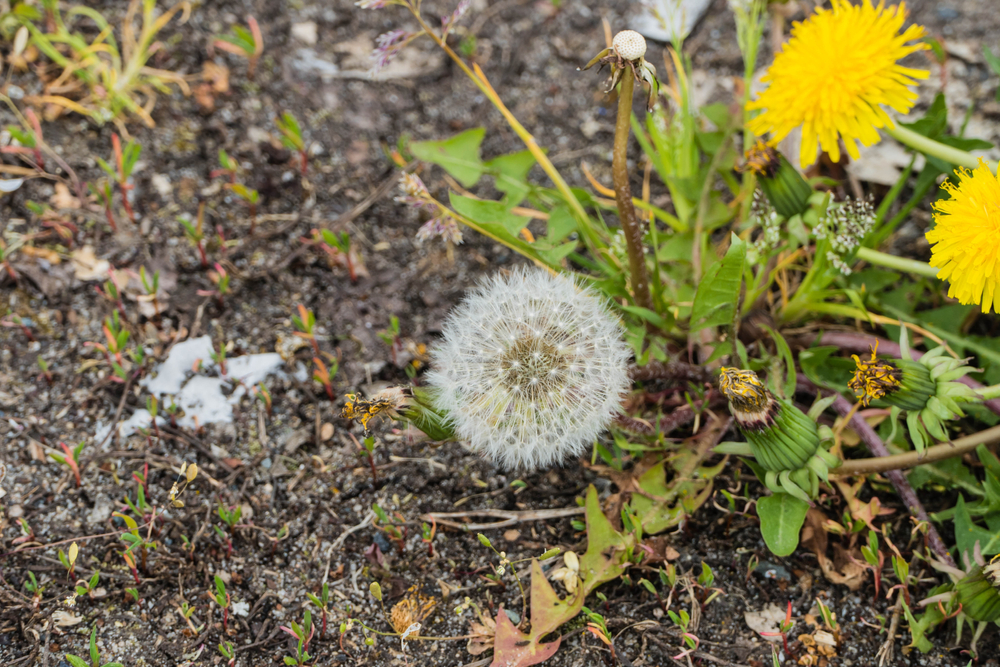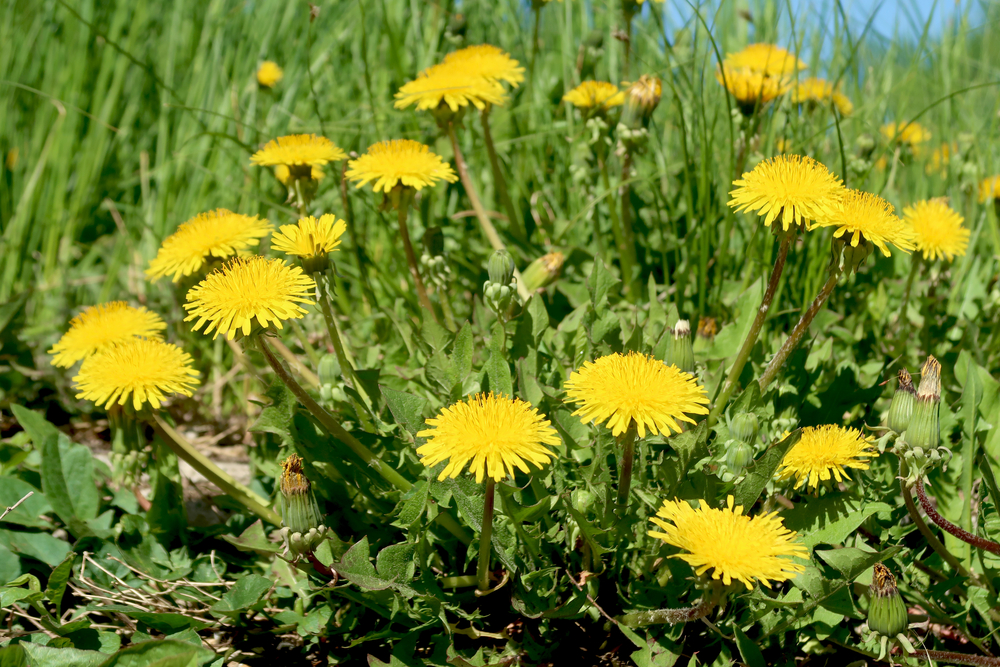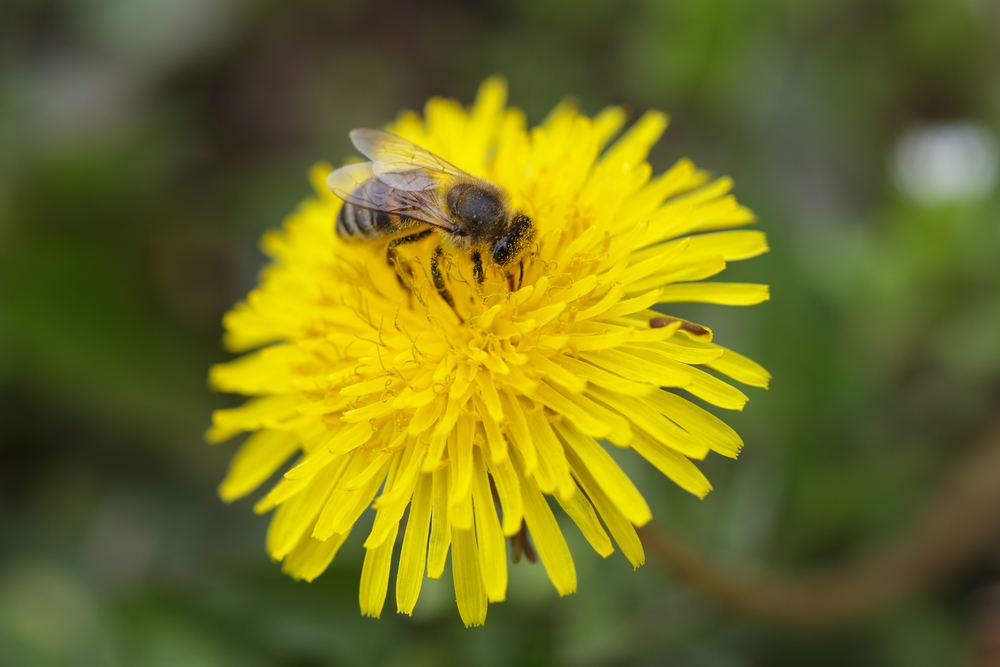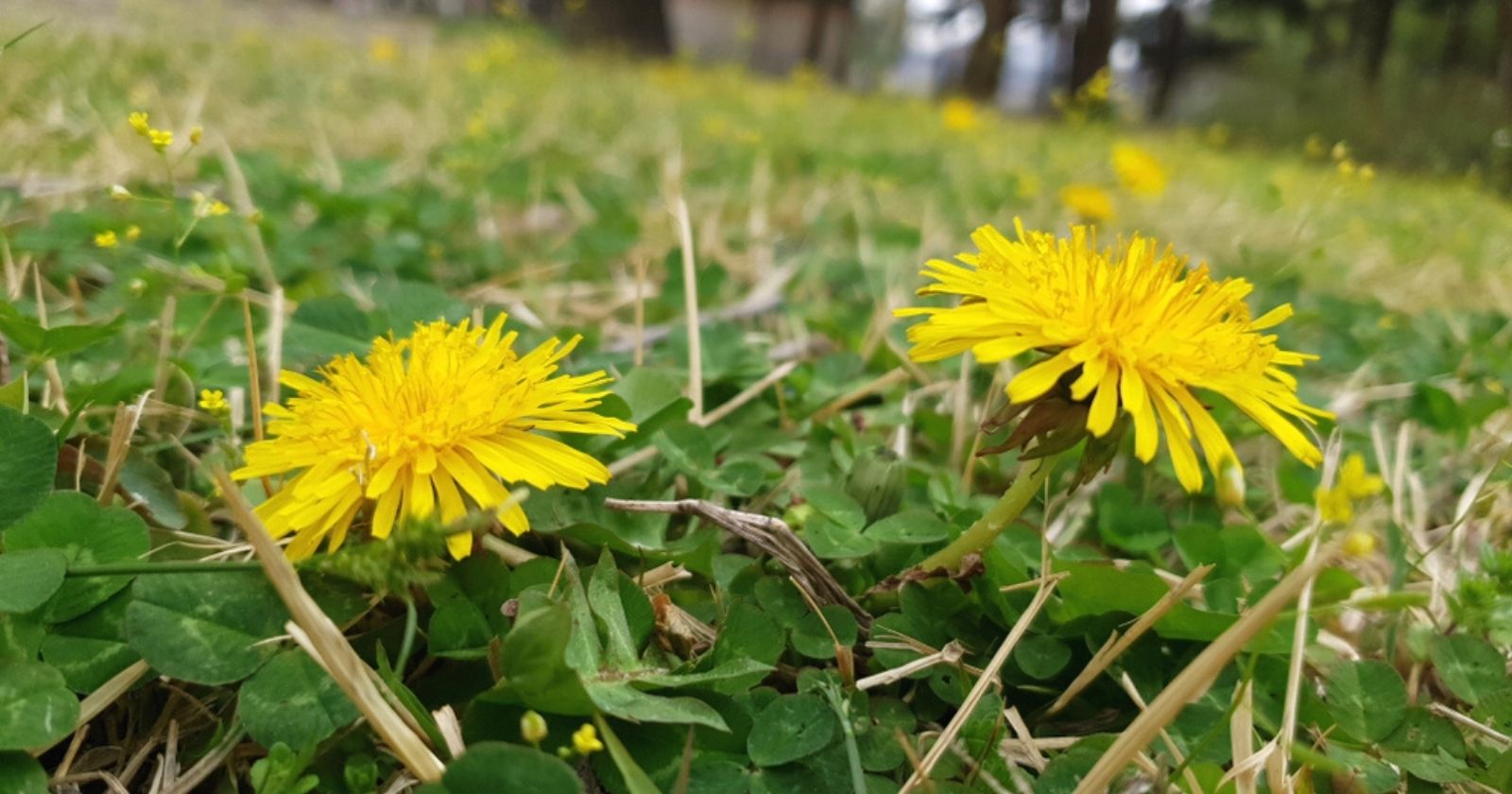Can’t stand seeing a dandelion in your yard? Too bad, because this wild plant, unjustly unloved, is nevertheless of precious use. So read this handy article carefully before you take it off.
What is dandelion?
What are these funny little yellow plants that grow freely on our lawn? Dandelions, of course. Also known as scientific Taraxacum officinale, the dandelion is a plant that is mistakenly considered a “weed”. And for good reason, it is quickly invading our garden, especially with the approach of fair weather. In addition, it is not afraid of frost or heat, which makes it the number 1 enemy of planters and gardeners.
During its long flowering period, from May to November, the dandelion produces yellow flowers, nicknamed lion’s teeth. These then turn into a white ball made up of pappus, that is, tufts of hair that overcome the seeds. When you blow on it, the hairs fly away and the dandelion seeds spread all over nature.
Another important but little-known piece of information: with the dandelion everything is eaten, nothing is lost, from the roots to the leaves. This plant is also known for its taste qualities and its detoxifying properties. If you’re interested, here are 7 vegetable garden weeds that you absolutely must know how to cook.

Why should dandelion be allowed to grow?
Dandelion fertilizes the ground
Dandelion roots are extremely deep. They can penetrate up to 50 cm into the ground, which is a valuable advantage for the other species in your garden. For example, the dandelion makes it possible to enrich the soil with nitrogen by bringing all nutrients to the surface of the soil. Without counting on its seed dispersal action, which is essential because it promotes the expansion of the species and the diversification of its genetic heritage.

Dandelion promotes biodiversity
You will have understood it, in the dandelion everything can be eaten. The nutritional value benefits people, but also insects, birds and animals. Some birds like to nibble on their seeds, rodents love their flowers, as do pollinating insects.
Yes, we must not forget that the dandelion is a bee plant rich in pollen and nectar. By welcoming them into your garden, you are protecting the bees, who are precious allies for protecting the environment. At the end of winter, the bees have to forage more to build up reserves. By the way, did you know that dandelion occurs in large quantities in the composition of spring honey?

For all these reasons, it is essential not to mow your lawn at this time of year. Did you like this article? Here are 8 “weeds” you shouldn’t pull out of your yard or vegetable patch.
